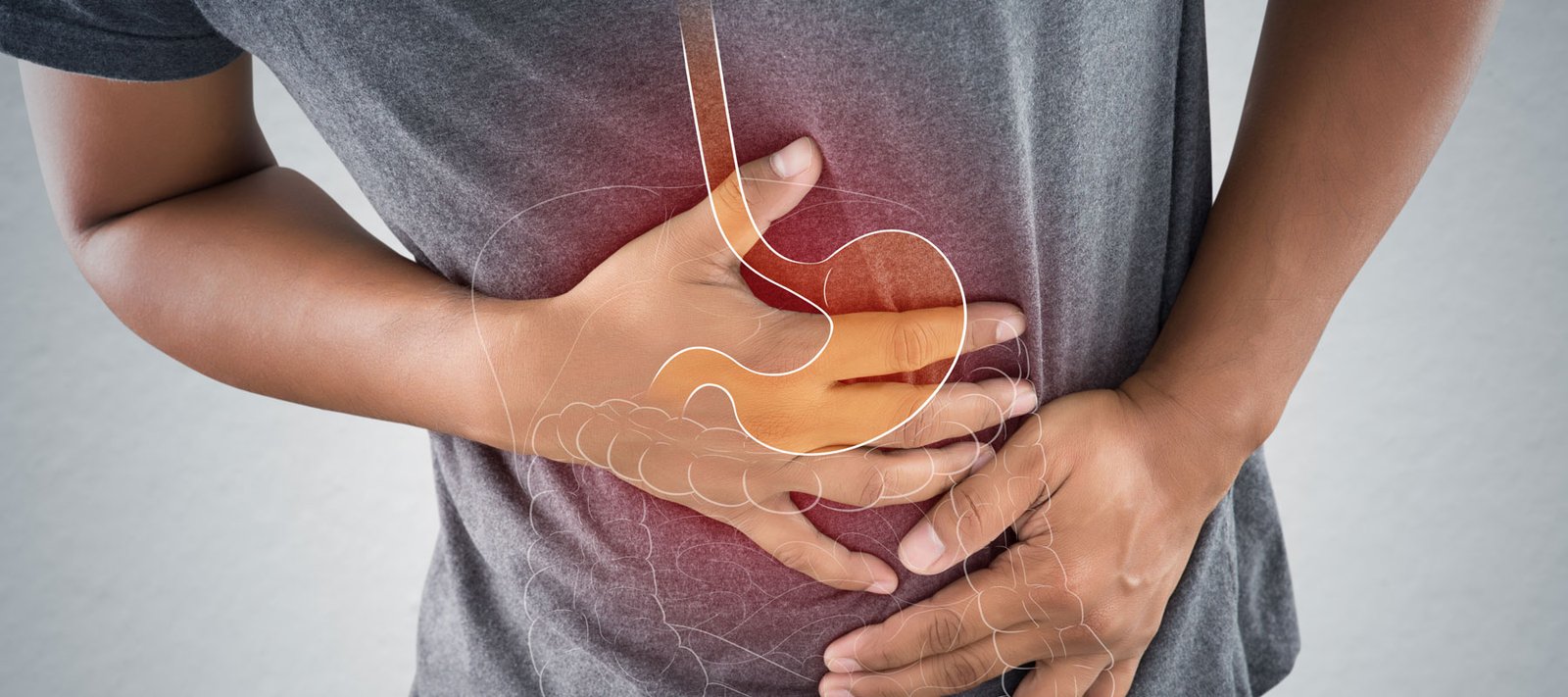
Gerd 101: What It Is and How To Treat It
Did you know that 20% of people have gastroesophageal reflux disease, also known as GERD? Those who suffer from this condition have symptoms that can lead to other health issues. So it is important to take action and manage it before long-term consequences happen.
Have you had problems with what you are eating lately? Now is the perfect time to learn how to alleviate those issues. Explore GERD treatment options and read about GERD 101: What it is and how to treat it.
What Is GERD?
First things first: GERD is a digestive disorder. Typical signs of this condition are heartburn and indigestion. This is caused when the ring of the muscle between your stomach and esophagus, called LES is affected and allows acid from your stomach to back up into your esophagus.
Potential Causes
If you were wondering why this happens, when your LES is weak, it allows stomach acid to flow up and causes acid reflux. Other potential causes of GERD are certain medications, diet, lifestyle, and alcohol consumption. And sometimes the culprit is a hiatal hernia so check with your doctor to find out more information.
Signs and Symptoms
Did you know that chronic heartburn can be a sign of GERD? If you often have a tight feeling in your chest along with a sour taste in your mouth and bad breath regularly, you might have GERD. Nausea, vomiting, a chronic cough, and wheezing are also symptoms and should not be ignored, especially if they happen often or you have episodes that are increasing in frequency.
GERD Treatment Options
One of the first steps to take is to avoid certain foods and get on a GERD Diet so that you can feel better fast. You may also need to lose weight if you are overweight since that is often a contributing factor. Your doctor may prescribe medication to help the healing process, or may even schedule surgery in extreme cases.
Lifestyle Changes
In addition to diet and medication, there are certain lifestyle changes you can make, like quitting smoking. Wear loose-fitting clothing, since tight clothes and pressure around your midsection can aggravate GERD. You can raise the head of your bed to relieve pressure while you sleep, and don’t lie down immediately after you eat a meal.
Ready To Feel Better?
Now that you’ve learned about GERD treatment options, you can be proactive and take steps to feel better. Making changes to your diet, losing weight, and other lifestyle changes can all help alleviate the symptoms of your GERD and put you back on the path to wellness. And if you think you might have GERD, be sure to see your doctor in case it is something serious that requires medication or surgery.
Did you find this article helpful? Want to learn about similar content related to wellness? Then check out the health section of this site!



